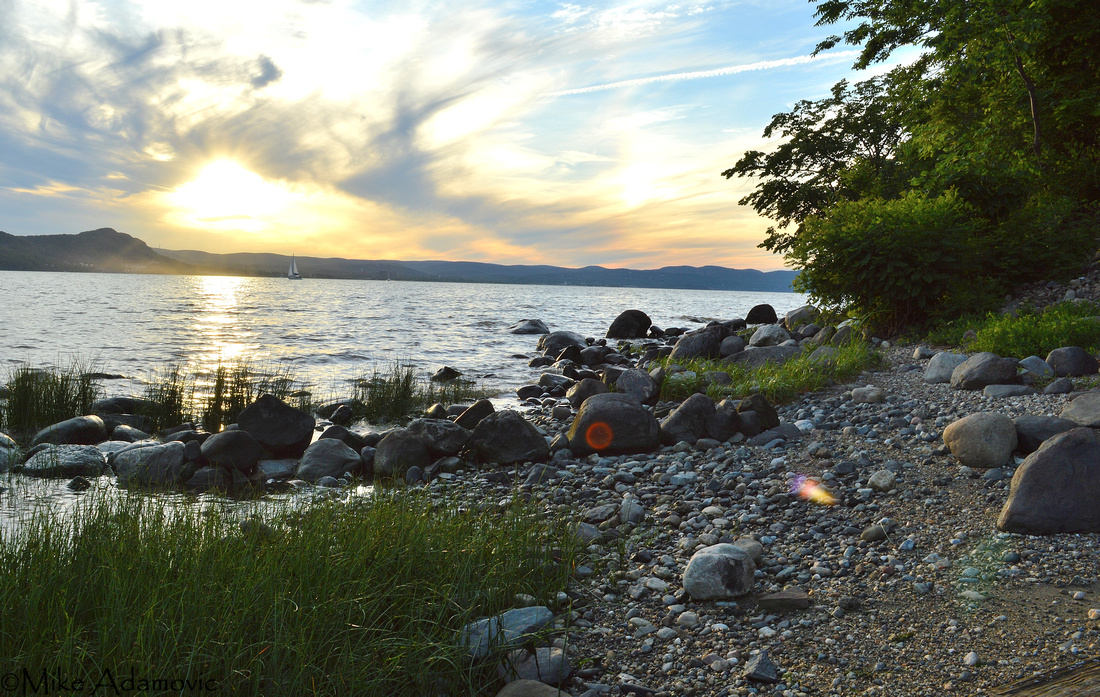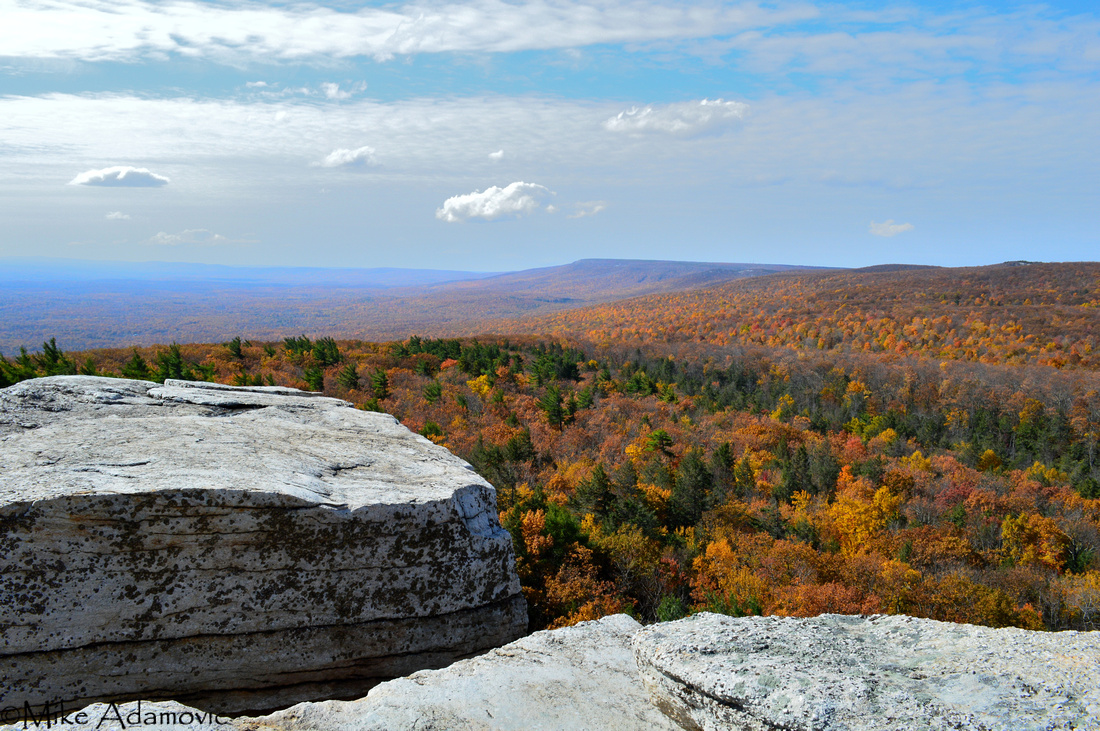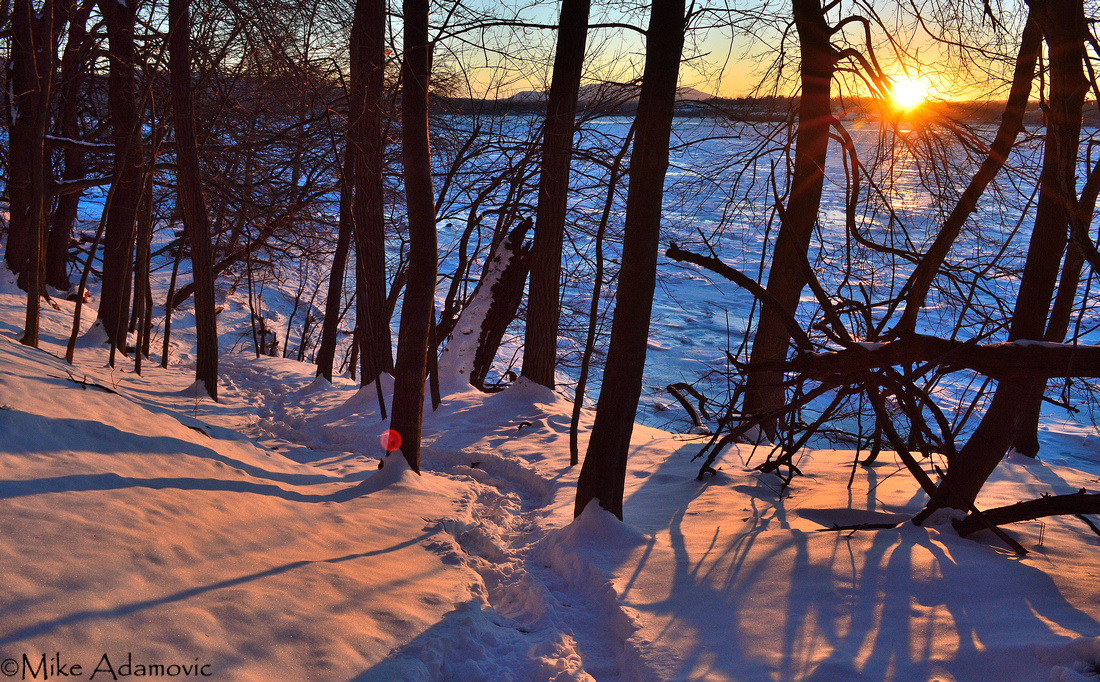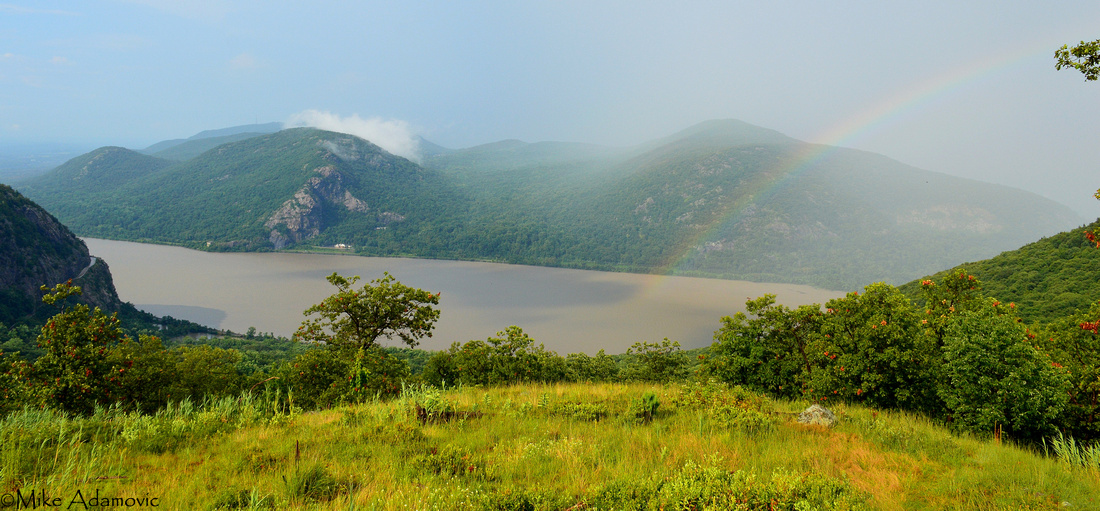Emerson & Thoreau's Nature


"Why should not we also enjoy an original relation to the universe?" Ralph Waldo Emerson penned in the opening lines of his landmark essay, Nature. In it, the father of transcendentalism laments the fact that so many of us blindly follow the path of others, relying little on our own experience because we feel it is unnecessary or impossible to adequately obtain. Instead, he argues, that we should forge a "religion by revelation to us, and not the history of theirs." Essentially, he's saying that the prophets of the past should not hold an exclusive monopoly on pivotal adventure and insight; and that we cannot not solely rely on the judgment of these lucky sages, while disregarding our own. Transcendentalism stressed that each individual uncover their own truths by spending time in the heart of nature. By doing so, it's indeed possible to enjoy an "original relation to the universe," and extract wisdom more personally valuable than what we find in even the most revered passages of sacred texts or the utterances of our elders. Nature is living religion where we get to imbibe straight from the Source.
Emerson was amazed how nature possesses the singular ability "to deify us with a few and cheap elements." Crimson rays of light, thin evening clouds, freshly budded trees, and crisp evening air might not amount to much individually, but pieced together naturally in the landscape and they form a moving and inspirational scene that teaches us about the nature of beauty, if nothing else. And beauty, Emerson was convinced, equated directly to truth. "Truth, and goodness, and beauty, are but different faces of the same All." By knowing nature and appreciating its many forms, figures, and arrays of varied color, it's possible to directly glimpse the face of the "Universal Being" and have its currents circulate through us. This is our revelation, our understanding of life's questions, and will serve a better guide than any second-hand account that hasn't been tailored to us. The landscape is more valuable for the impressions it makes upon the mind than by the quantity of natural resources it contains.


When we destroy nature, we deface the artwork placed before us. Will the torn and smudged scene ever make the same impression as before? When we lose nature, we lose beauty, and hence a portion of its refined essences, as morality and virtue, and all other positive attributes that inevitably derive from it. "All things are moral... shall hint or thunder to man the laws of right and wrong," Emerson preached, continuing, "this ethical character so penetrates the bone and marrow of nature, as to seem the end of which it was made." While we find peace and solitude and a respite from all noxious worries in the woods, and seem to think it akin to the feeling bestowed to us from a good night's sleep or calming medication, it in fact soothes not so much from us resting, as from stimulating that which has been slumbering in an unhealthy torpor for too lengthy a time.
Moreover, nature offers commodities of more importance than the base-ic necessities of a more tangible nature, such as lumber, ore, or crops. Our language and habits of speech are closely related to our natural surroundings, and invariably so are our thoughts. We most frequently speak in analogies tied to elemental forms. "Light for knowledge" and "heat for love" are but a couple analogies of common vernacular that show how we prescribe natural elements to human thought. Their directness and simplicity are understood by all. But when we begin to use language for "secondary desires," selfishly applying words or phrases that show the significance and splendor of nature to hollow goals or strivings in order to increase our standing in some way, society as a whole takes a loss, as these words lose all their potency and fall flat, and in turn, nature becomes valued less, cheapened by attachment to vain longings, as riches, power, or praise. Emerson was sure that the "corruption of man is followed by the corruption of language," for as he observed "a man's power to connect his thought with the proper symbol, and so to utter it, depends on the simplicity of his character, that is, upon his love of truth." The poet in his estimation was the foremost of men. Poetry is language in its purest format and those who truly and dutifully ascribe words in such a way share a kindred relation to the influences of the natural world.
Art is an imitation of nature and even a minor look throughout the artificial world we've created forcefully demonstrates the level of thirst we possess for it. Art thoroughly surrounds us, just as the forests and the vast sky arching overhead does. "'A gothic church,' said Coleridge, 'is a petrified religion.'" Analogy runs deeper than speech; it inspires and excites passionate action. We seek to bring nature closer to ourselves. These creations keep us attached to it even when far removed from the fields and forests.


***
With all of this philosophy in mind, Henry David Thoreau, the promising pupil and adherent of Emerson, also cultivated ideals thoroughly suffused with a nature-centric dogma. He similarly, and perhaps even more staunchly, believed in the value of the individual forging a life built atop the foundations of personal experience, rather than tradition. In his most prominent work, Walden, he insists "No way of thinking or doing, however ancient, can be trusted without proof."
Thoreau informed his readers that instead of living through the eyes of others, it was possible to saunter into the "Holy Land" simply by taking a walk outside and roaming through the wilderness. Unlike Europe which had long ago exhausted its soils and littered the landscape with dwellings, the U.S. in comparison was a vast oasis of original splendor. This open and pristine country was equivalent to what existed in Europe hundreds to thousands of years ago, before the "foundations of castles" were laid, "famous bridges" created, and heroic fables told. Thoreau viewed Americans as being extremely fortunate in having a new template to work upon and learn from. To him, modern times were "the Heroic Ages itself" in which contemporary society was forging tales that would probably someday be revered the same as those from the past which are now commonly held in esteem. Most people have difficulty in perceiving this because "the hero is commonly the simplest and obscurest of men." In short, the quantity of open and unaltered space we possess, is proportional to the amount of unique experiences we can have. By preserving nature—saving expansive mountain tops and cramped valley hollows, thick verdant forests and slow moving rivers, the playground of the universe is also preserved, providing us with unending opportunities and delights.
And what of our rapidly shrinking world? With land being heedlessly sold, subdivided, and with what Thoreau described as "walking over the surface of God's earth" being "construed to mean trespassing," how are we to get the most out of what currently remains in more developed areas?—simply view the landscape from afar. This, too, will satisfy many desires and similarly move and impress. The view of the whole, the larger picture, is ultimately of more worth. To this, men's "warranty-deeds give no title." The abstractness of the scene, far from solid and dictating, allows us to obtain what we ourselves determine to be valuable from it (i.e. the higher secreted qualities). But according to both Emerson and Thoreau, only those who have a keener and more subtle vision than the rest, "can integrate all the parts" and thus, unlock the items of value. Such vision, that which allows the sun not merely to illuminate the eye, but also "shine into the heart" belongs to those who understand the true purpose and nature of Nature, the poetically minded.


Thoreau elegantly put it like this:
"I have frequently seen a poet withdraw, having enjoyed the most valuable part of a farm, while the crusty farmer supposed that he had got a few wild apples only. Why, the owner does not know it for many years when a poet has put his farm in rhyme, the most admirable kind of invisible fence, has fairly impounded it, milked it, skimmed it, and got all the cream, and left the farmer only the skimmed milk."
Individual components are only as important as the level in which they blend into the landscape in a harmonizing way, as individual letters help form coherent words that give rise to sentences. The inseparable unions of rhythm and order, beauty and truth, only arise when we combine and expand our perceptions on a universal scale, and not, rather, constrict them to the microscopic view of what's directly before our eyes. Emerson concisely sums it up: "In the tranquil landscape, and especially in the distant line of the horizon, man beholds some[thing] as beautiful as his own nature."

